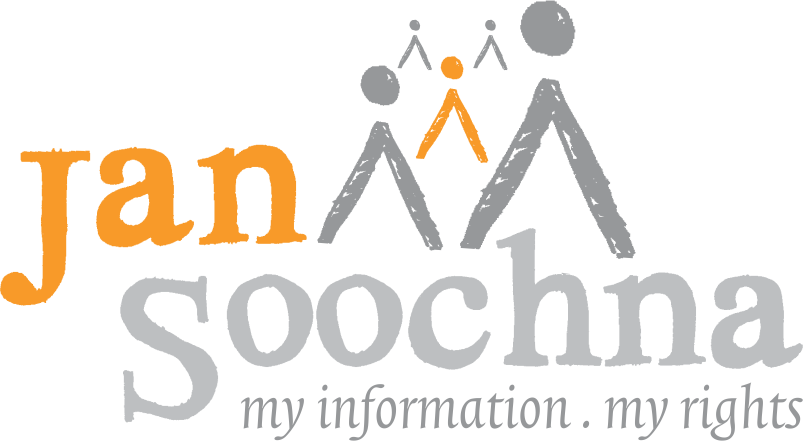PRADAN’s core belief is that qualified and concerned professionals must engage empathetically and directly with the underprivileged, to facilitate their development. Moreover, PRADAN believes that collectives and groups need to be the primary focus of a change intervention because: they provide the strength to deal with the inequities in the society and the wisdom of a group embodies the best ideas of all its members. Sustained change requires a change in shared values, beliefs, norms and behavior in society and a collective is better equipped to do this, it brings and binds people together through an ‘interdependence of destiny’ as well as an ‘interdependence of task’- the task of building a better life for the entire community.
Vision
PRADAN visualizes a just and equitable society to sustain the transformation of the human condition that it brings about. PRADAN’s aim, therefore, is to stimulate and enhance the sense of agency of collectives of poor people, especially women , leading to occupying their space as equals in society and taking on responsibilities of citizenship. It is also thereby expected to influence a change in the behaviour of various actors that have led to their present situation. In more operational terms, this means that women from marginalized communities are organized into collectives, and these collectives, by exerting a normative influence on their society, are not only working for increasing the income of poor households but also for their overall empowerment. Instead of PRADAN, these collectives are the drivers of change.
Mission
PRADAN aims at altering the lives of the most vulnerable and disadvantaged people at the cross-section of gender, caste and class i.e. the focus is on poor, dalit/tribal women. PRADAN believes that women in whatever situation they find themselves have potential to change their own life and influence change in lives of others , a potential which can be realised by altering one’s self-view. PRADAN facilitates women to organise themselves into grass root level groups. PRADAN works extensively with these groups to engage on tangible goals around livelihoods and other issues affecting their lives.
PRADAN simultaneously works on:
Creating sustainable enabling conditions e.g. building linkages for accessing relevant livelihood services to access quality production inputs (e.g. seeds, fertilizers, credit, production knowledge & skills, etc.), marketing link, support services (around technical knowledge and skills) for production; etc. PRADAN works with the women’s collectives to develop enabling support systems at the level of individual women, their villages, and at a cluster of villages level (local economy)
Facilitating womens’ collectives to trigger and aid reflective processes. These processes are aimed at bringing the ‘person’ in focus, to help her identify and deal with internal blocks, attitudes, behaviour, etc. Thus, after each successful cropping season women who had a starting self-view of being incompetent farm labour are forced to re-evaluate their assumptions about themselves. This action-reflection process which adapted from Kolb’s learning cycle approach is spearheaded by support groups at the grass root and their associative tiers.
Community Centered Approach to Enhancing Access to Public Services
“Community Centered Approach to Enhancing Access to Public Services”is planned in approximately 160 panchayats in 12 blocks of 5 Backward Districts in the states of Jharkhand and Madhya Pradesh. Proposed action attempts to directly address the challenge of access, quantity and quality of public services in above said 160 Panchayats in the 5 districts.
Objectives
The overall project objective is to: Achieve enhanced capacities of marginal and excluded communities to demand and access quality public services improving their social and economic well-being.
Specific Objectives or purpose of the project are
• Enhanced leadership of women in village governance and community oversight of public services
• Improved response of public service-providers and duty bearers to deliver quality public services
Target Group
40,000 women belonging to tribal (45%), dalit (20%) and backward (35%) communities in about 500 villages of these ~ 160 panchayats.
Final Beneficiaries
• 10,000 families (not part of the SHGs) benefiting from “diffusion’ or ‘spill over effects’ in the intervention area of 500 villages
• Approximately 200,000 women from marginalised and excluded communities organised by PRADAN in 25 backwards districts who will access the resource materials, training methodologies and processes developed under the project
Estimated Results
• Enhanced awareness of 3000 women groups around their rights and entitlements in various public schemes
• Created institutional capacities of SHG Federations in 5 districts covering 500 villages to support member groups in effectively following up claims on public services and to influence and hold district administration accountable in responding to the needs and demands of marginalized and excluded communities
• Strengthened availability of information and procedural protocols of public schemes related to health (NRHM), education (RTE), livelihoods (MGNREGS), social security (PDS, ICDS) in planning, delivery, review and grievance redressal
Madhu Khetan
Programme Director
Archana Singh
Team Leader
Saheb Bhattacharyya
Team Leader
Avijit Malik
Team Leader
Sarbani Bose
Team Leader
Nandini Narula
Team Leader
E /1A Kailash Colony New Delhi 110048
Phone: 011-4040 7700
Email: anirbanghose@pradan.net / http://www.pradan.net

